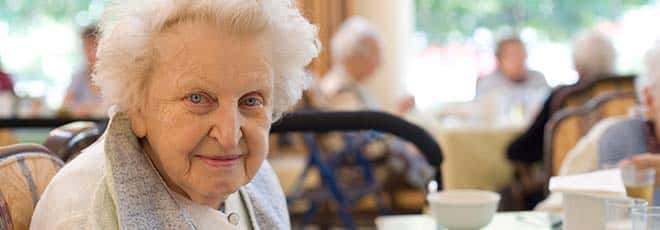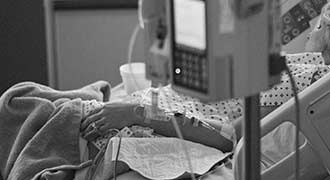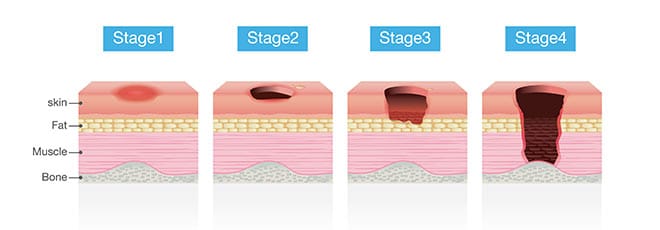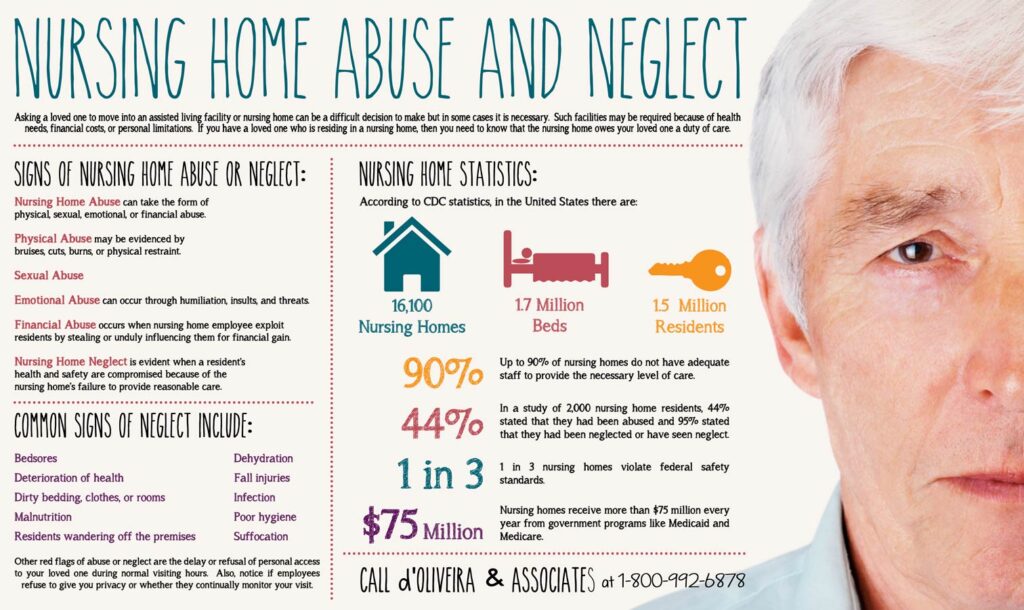
Nursing home abuse lawyers often see many cases that come from bedsores and pressure sores in nursing home patients. Bedsores should be prevented or diagnosed quickly so they can be treated properly. Nursing home lawyers seek to protect patients that are treated poorly or when treatment is delayed and causes the bedsores to become much worse.

Nursing home patients that cannot move around can develop pressure ulcers, also known as bedsores or pressure sores. Tissue under the skin corrodes from constant pressure and bad circulation. When the skin breaks down, it turns red. Open sores then develop. In the most severe cases, bedsores cause the destruction of muscle or bone beneath the skin.
Bedsores (also known as “decubitis ulcers” and “dermal ulcers”) occur in individuals who have risk factors like malnutrition, constant wetness (such as from excrement), restriction to a bed or wheelchair, and other medical problems. Bedsores can usually be prevented by avoiding long-term pressure on one part of the body.
The National Pressure Ulcer Advisory Panel (NPUAP) evaluates bedsores with a system that goes from Suspected Deep Tissue Injury to Stage IV:

- Suspected Deep Tissue Injury: The patient has a discolored area of skin or a blood-filled blister because of damage to the soft tissue underneath.
- Stage I: The patient has a reddened area on the skin that does not turn white when pressed.
- Stage II: Patient has a break in the skin that exposes the soft tissue below the skin.
- Stage III: Patient’s skin has broken down and fat may be visible.
- Stage IV: Patient’s bedsore is so deep that muscle and bone are damaged and sometimes even visible. In patients at risk for bedsores, it is important to assess the risk for bedsores and develop a plan to prevent them.

View the Full Nursing Home Infographic Here
Nursing homes may be negligent if they fail to properly assess patients for the risks of developing bed sores, if they do not turn the patient regularly, or do not bathe the patient regularly, and if they do not treat the patient promptly and properly after a bed sore is diagnosed.
What You Should Do if Your Loved One Develops a Bedsore
If your loved one develops a bedsore:
- Make sure that the nursing home is providing appropriate medical care for the bedsore.
- If your loved one cannot move without assistance, make sure he or she is receiving appropriate care to prevent future bedsores.
Has One of Your Loved Ones been the Victim of Nursing Home Abuse?
When your loved one is the victim of a nursing home medication error, lawyers at the law offices of d’Oliveira & Associates are committed to providing our clients in Rhode Island with outstanding legal representation and legal services. The services we offer our clients who have been the victims of nursing home abuse or nursing home negligence are no exception. The RI nursing home abuse attorney at d’Oliveira & Associates and our personal injury attorneys work with some of the leading nursing home lawyers who handle these cases.
Contact a Nursing Home Abuse Lawyer
Please contact the law offices of d’Oliveira & Associates at 1-(508) 715-3134 or fill out a contact form for a free legal consultation.


